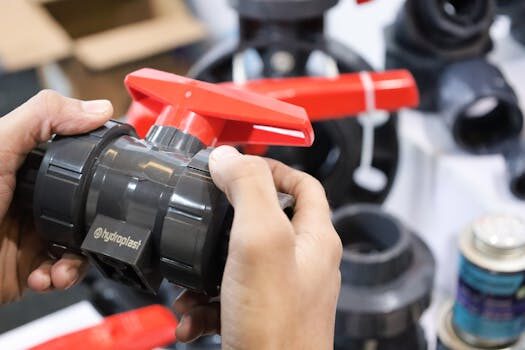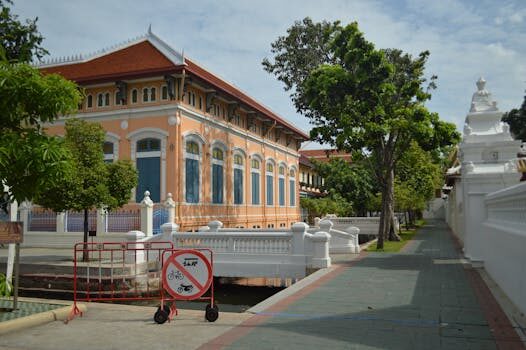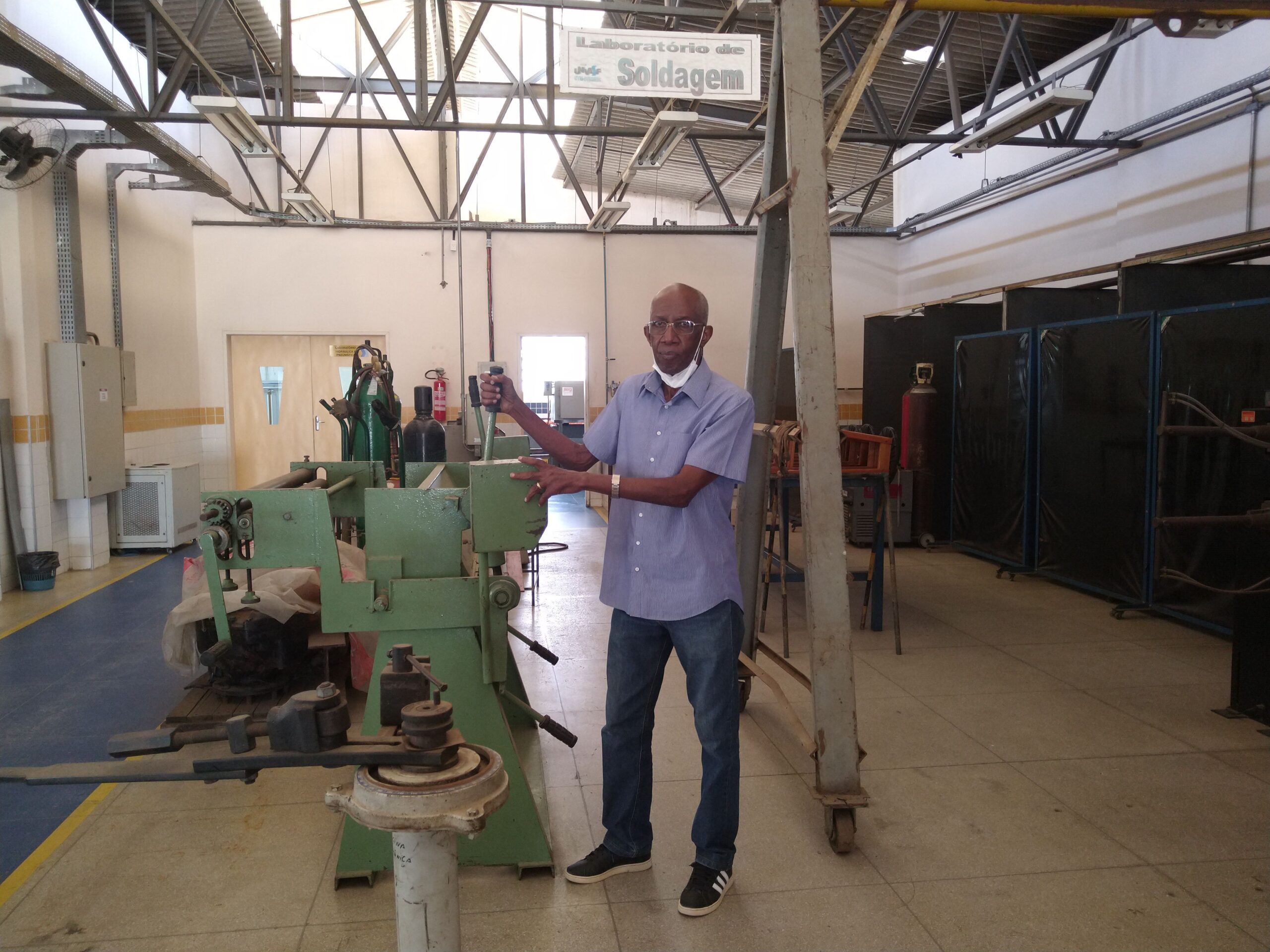Choosing a career path can be a momentous decision, and for those with a passion for motorcycles, becoming a professor in motorcycle mechanics might just be the perfect blend of vocation and enthusiasm. Embarking on this journey can lead to a future filled with rewarding opportunities in an industry that is constantly evolving.
The demand for skilled professionals in motorcycle mechanics is on the rise, setting the stage for an educational career that is both challenging and fulfilling. In this article, we’ll explore the various aspects of becoming a professor in motorcycle mechanics and the promising employment landscape that awaits.
Why Study Motorcycle Mechanics Technology?
Motorcycle mechanics technology is a specialized field that offers a unique blend of hands-on work and technical expertise. It is ideal for those who enjoy problem-solving and have a keen interest in the inner workings of motorized vehicles, especially motorcycles.
Gaining expertise in this area not only opens the door to various career paths but also equips individuals with a skill set that is in high demand. With motorcycles being a popular mode of transportation worldwide, the need for knowledgeable instructors to train the next generation of mechanics is ever-present.
Studying motorcycle mechanics technology also ensures that professionals stay abreast of the latest advancements in the industry, from electronic fuel injection systems to high-performance engines, making them invaluable assets in both the educational and practical fields.

What Degrees and Certifications Can Be Obtained in This Career?
To become a professor in motorcycle mechanics, one must first obtain the necessary credentials. This typically involves a combination of formal education and certifications that attest to the individual’s expertise and teaching ability.
Prospective professors can start by pursuing a diploma or associate’s degree in motorcycle mechanics or a related field. From there, obtaining certifications like those offered by leading industry organizations can add to one’s qualifications and bolster an educator’s credibility in the classroom.
Furthermore, continuous professional development is a hallmark of a dedicated instructor, and pursuing advanced certifications or even a bachelor’s degree in vocational education or a related field can lead to higher-level teaching positions and educational leadership roles.
 Houseman at Nexum Hospitality – My future job
Houseman at Nexum Hospitality – My future jobProfessional Trajectories for a Professor in Motorcycle Mechanics
Becoming a professor in motorcycle mechanics opens up a range of professional prospects. Educators can find themselves teaching in technical schools, community colleges, or private institutions dedicated to automotive training.
Some may choose to contribute to the field through research, developing new methodologies for motorcycle repair and maintenance. Others may advance to administrative positions, influencing curriculum development and shaping the future of motorcycle mechanics education.

Additionally, with experience, some professors might start their own training workshops or consult for motorcycle manufacturing companies, leveraging their expertise to impact the industry directly.
Employment in Mexico for Motorcycle Mechanics
In Mexico, the motorcycle industry has seen significant growth, paralleled by a need for skilled mechanics and knowledgeable instructors. Employment opportunities span from technical positions in repair shops to educational roles in vocational schools.
The country’s diverse landscape and widespread use of motorcycles for both transportation and recreation mean that mechanics and instructors will find a steady demand for their services. Moreover, the Mexican motorcycle community is vibrant, offering a culturally rich environment for professionals to engage with peers and enthusiasts alike.
Skills Needed to Be a Good Professor in Motorcycle Mechanics
A successful professor in motorcycle mechanics must possess a well-rounded skill set. Technical proficiency in motorcycle repair and maintenance is a given, but soft skills are equally crucial. Effective communication, patience, and the ability to inspire students are key traits of an outstanding educator.
Problem-solving skills and a commitment to lifelong learning also stand out as essential qualities. Since technology is always advancing, an instructor must stay updated on the latest trends and innovations in the industry to deliver relevant and insightful instruction.

 Jobs in Santiago, Santiago – My Future Job
Jobs in Santiago, Santiago – My Future JobThe Evolution of Motorcycle Mechanics Education
As with many technical fields, the education landscape for motorcycle mechanics is in a state of progression. New teaching methods, such as blended learning models that combine online coursework with hands-on training, are becoming more prevalent.
Institutions are also placing greater emphasis on real-world experience, often partnering with motorcycle shops and manufacturers to offer apprenticeships or co-op programs. These collaborations ensure that students receive an education that is both comprehensive and directly applicable to their future careers.
Moreover, environmental considerations and the advent of electric motorcycles are shaping curricula, as instructors must now teach both traditional combustion engines and emerging eco-friendly technologies.
Frequently Asked Questions About a Career in Motorcycle Mechanics
What Is the Mechanics Specialty Called for Studying Motorcycles?
The specialized field focusing on the study, repair, and maintenance of motorcycles is commonly known as motorcycle mechanics or motorcycle technology.
Within this niche, professionals may specialize further, focusing on areas such as engine performance, electrical systems, or even motorcycle customization.

How Many Years Does It Take to Study to Be a Motorcycle Mechanic?
The length of study to become a motorcycle mechanic can vary. Typically, a diploma or certificate program may take anywhere from six months to two years. However, those aiming to become professors or educators in the field may spend additional time obtaining advanced degrees or teaching certifications.
It’s important to note that beyond initial education, mechanics often engage in ongoing training throughout their careers, as the technology associated with motorcycles continues to evolve.
In conclusion, the journey to becoming a professor in motorcycle mechanics is filled with opportunities for personal growth and professional fulfillment. By embracing a career that combines passion with expertise, educators can look forward to a future that is as dynamic as the vehicles they love.
 Why U.S. companies are betting big on LATAM developers in 2025
Why U.S. companies are betting big on LATAM developers in 2025










